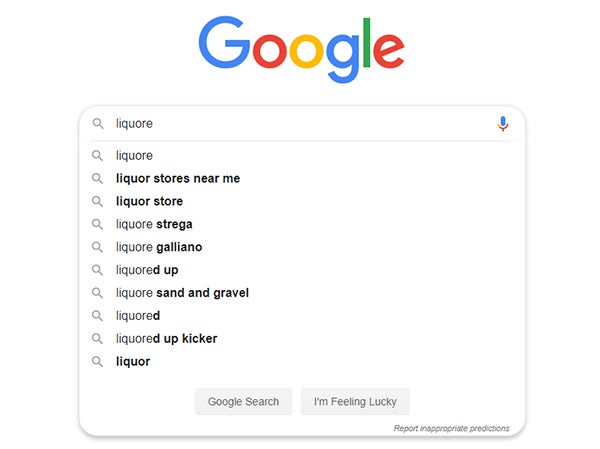Recent Harvard Bell Fellow Anna Grummon, PhD, and her colleague Marissa G. Hall, PhD, penned a Perspective in the New England Journal of Medicine about why the well documented risks of alcohol consumption should be better explained via redesigned warning labels in order to better inform consumers. The two co-authors, along with several other colleagues, also published a study in The American Journal of Preventive Medicine, that evaluated which words…
Does alcohol consumption play a role in the spread of HIV among older adults in South Africa?
A study by HAALSI researchers finds that increased and more frequent alcohol consumption among older adults in South Africa is linked with higher levels of sexual risk taking, patterns of behavior that could contribute to the spread of HIV and other sexually transmitted diseases.
Using social media and online search to better track individual alcohol use and corroborate state-level data
Elissa Weitzman, ScD, is principal investigator of a study published in the American Journal of Preventative Medicine that demonstrates how personally generated data — captured and tracked using such online tools as Google searches and social media outlets — mirrored more formal public health surveillance data. “Our results give confidence in our public health tools and in using novel data approaches to measure health behaviors and policy effects — a…
Alcohol use disorders are on the rise and compounding dangers of opioid misuse among U.S. adolescents and young adults
Harvard Pop Center faculty member Elissa R. Weitzman, ScD, is author of a study published in the Journal of General Internal Medicine that calls for additional research about this alarming trend in order to develop and deploy interventions aimed at protecting this vulnerable population. Mei-Sing Ong is also an author on the study.
A look at alcohol use among youth taking alcohol-interactive medications
Elissa Weitzman, ScD, Harvard Pop Center faculty member and associate professor of pediatrics at Harvard Medical School, is an author on a study that found that youth with chronic medical conditions who take medications that can interact negatively with alcohol (AI medications) were less likely to consume alcohol than their peers not taking AI medications. The study suggests that interventions aimed at increasing awareness of the risks of consuming alcohol…
Continue reading “A look at alcohol use among youth taking alcohol-interactive medications”
Early childhood social disadvantage linked to risky health behaviors in adulthood
A new study by former Harvard RWJF Health & Society Scholar Amy Non, and Pop Center faculty member Laura Kubzansky published in the Annals of Human Biology finds that children who experienced early social disadvantage were, as adults, almost four times as likely to smoke, three times more likely to be obese, and almost five times more likely to drink alcohol excessively (women only).
Frequenting bars associated with increased sexual & HIV risk, & HSV-2 infection among South African young women
Harvard Pop Center Bell Fellow Molly Rosenberg, PhD, and Pop Center faculty member Kathleen Kahn, PhD, are co-authors of a study published in PLoS One that found that for young South African women, there was an association between visiting bars, especially when alcohol was consumed, and having more sexual partners, unprotected sex, transactional sex, and Herpes Simplex Virus Type 2 (HSV-2) infection. The study suggests that sexual health interventions targeted…
Team of Harvard Pop Center researchers publish paper on impact of unemployment on smoking and drinking
A team of Harvard Pop Center researchers, including current Yerby Fellow Mariana Arcaya, and Pop Center-affiliated faculty members Maria Glymour, Ichiro Kawachi, and SV Subramanian, have published a paper in Social Science & Medicine that looks at individual and spousal unemployment as predictors of smoking and drinking behavior.



